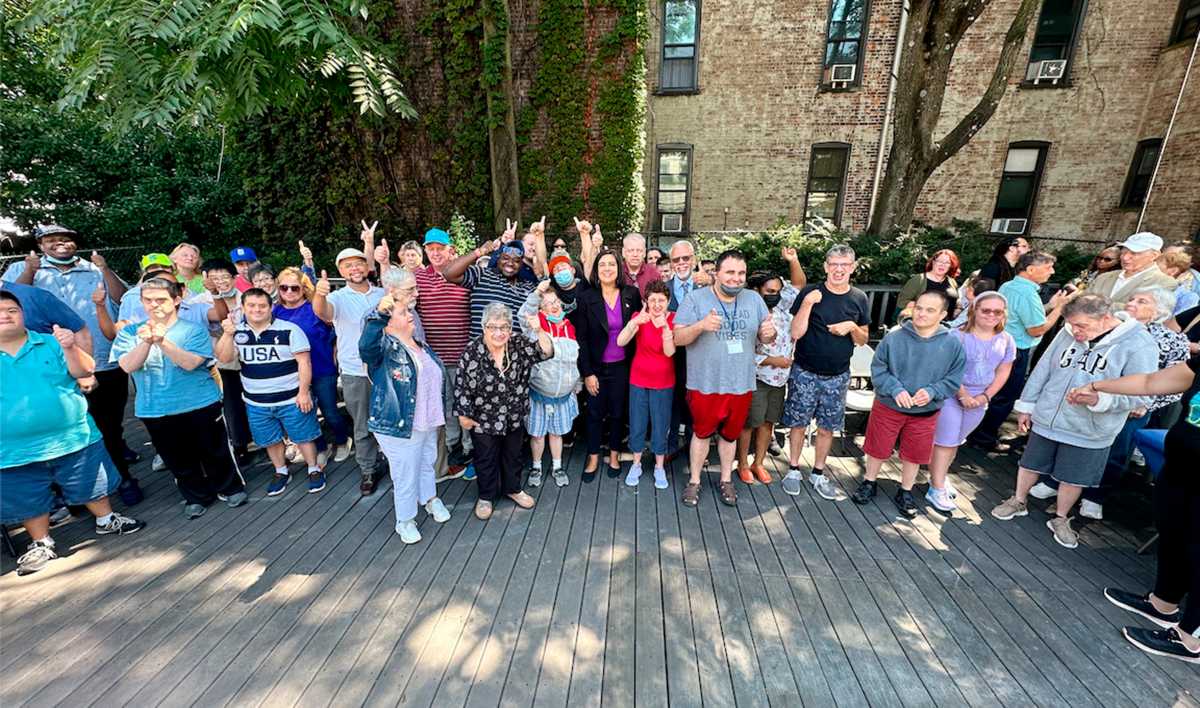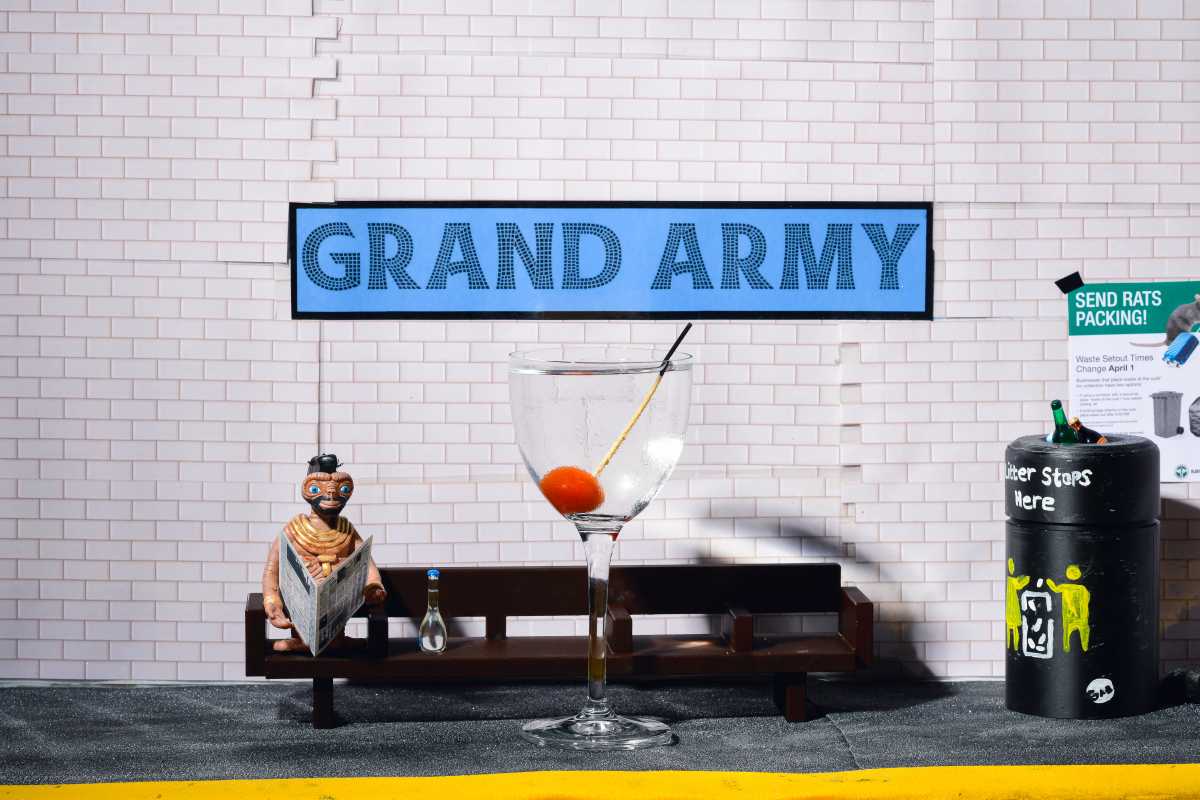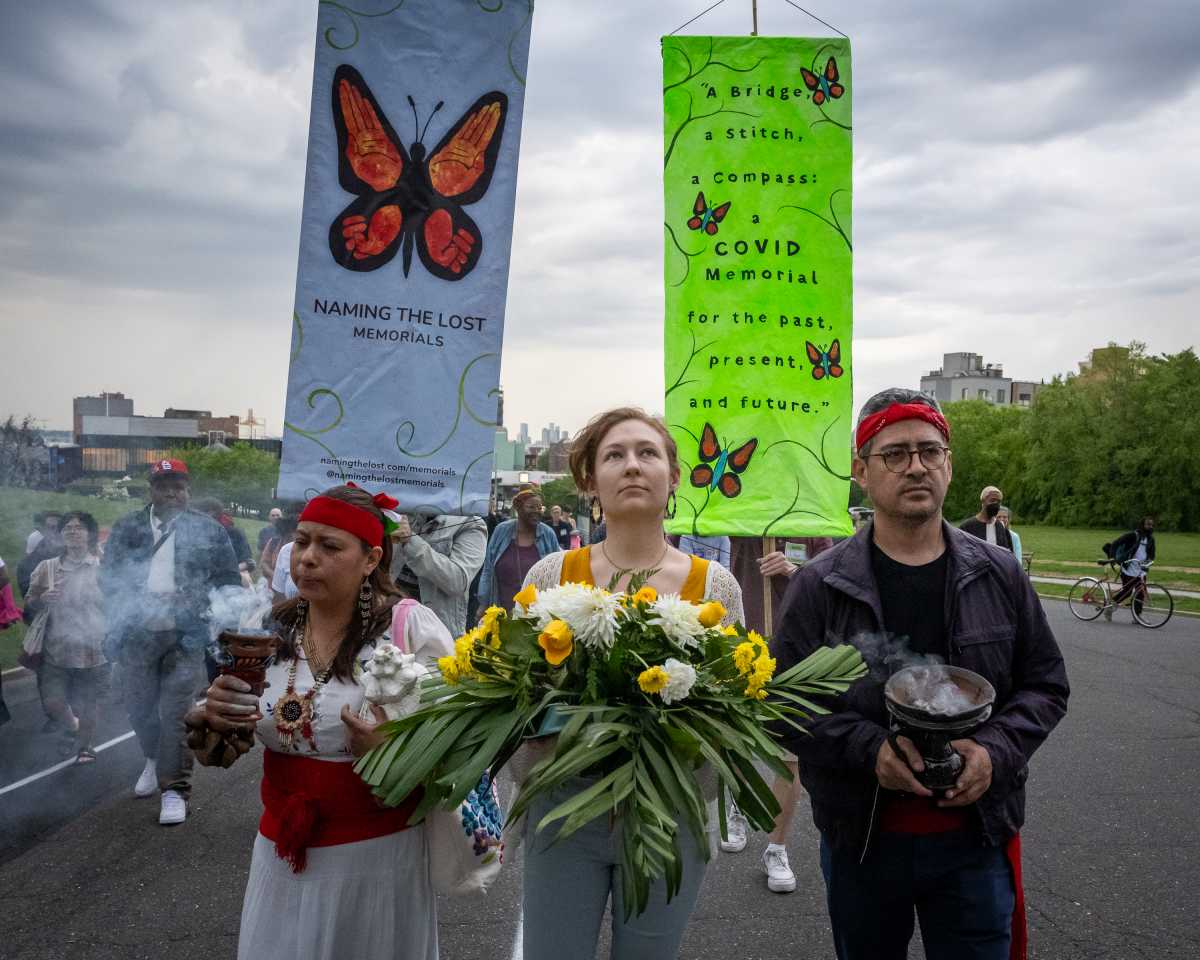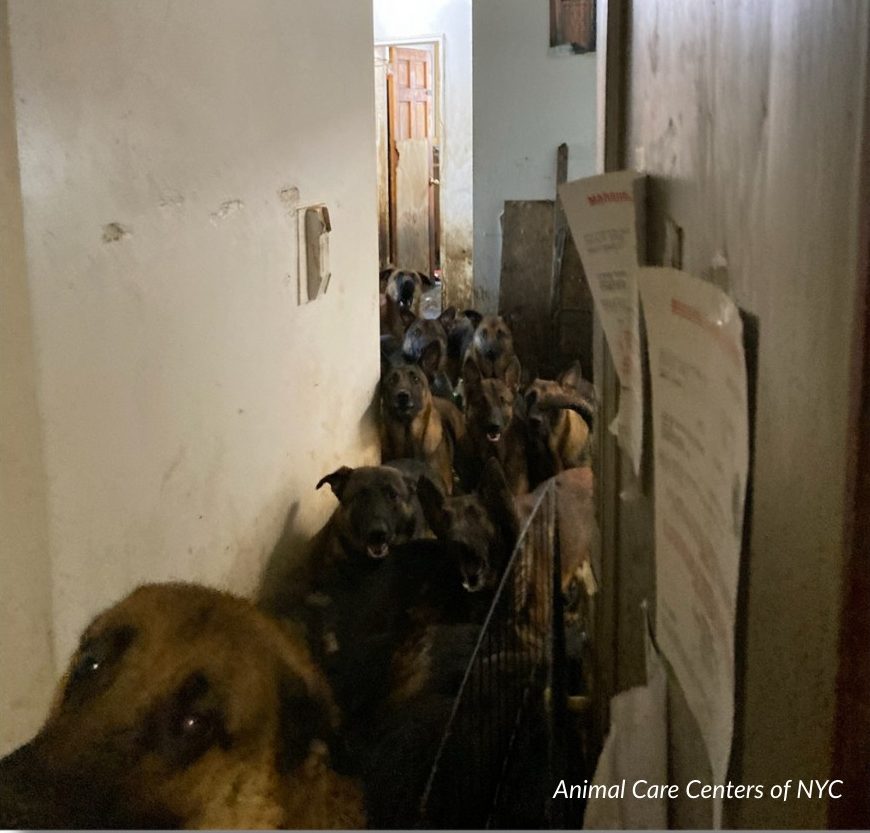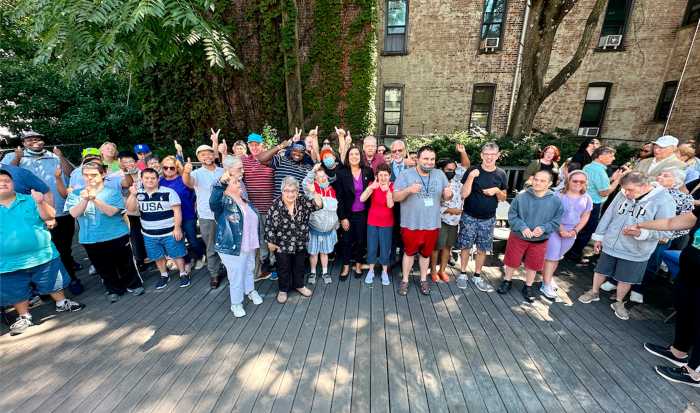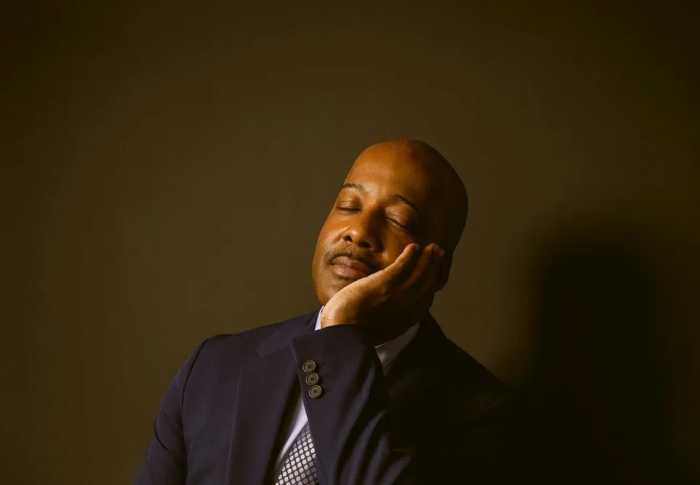To say that the last mayoral campaign was more heated than this year’s contest is like noting that New York’s rental market is getting a little pricey.
In 2013, Bill de Blasio outlasted all other rivals — beating four of them with 40 percent of the vote — to win the Democratic primary, and then won in a landslide over his Republican opponent in the general election. In 2017, he has not faced serious challengers — not in the primary and not in Tuesday’s election. His message: Things have been pretty good over the last four years, and some strides in addressing income inequality have been made.
De Blasio has delivered on some issues, starting with a well-received universal pre-kindergarten program. His administration also has funded the construction or preservation of more than 70,000 relatively affordable units, negotiated contracts with much of the city’s workforce, spearheaded the fight in NYC for a higher minimum wage as well as paid sick and family leave, and delivered a new ferry system.
Despite early stumbles in his interactions with police, he since has smoothed those relationships and worked with the NYPD to keep crime rates at historic lows.
All of that explains why de Blasio is expected to win comfortably on Tuesday. But assuming he is victorious, he still has serious issues to address in his second term.
In housing, rising prices and gentrification threaten the living situations of many New Yorkers, even with the announcement of an expansion of de Blasio’s housing plan two weeks before Election Day. Many of the units have not been affordable enough.
In a meeting with amNewYork’s editorial board last month, de Blasio acknowledged that his administration failed to grasp the extent of the homelessness challenge, the city’s nearly intractable problem. New Yorkers are still waiting for promised supportive housing units. The next mayor must build them, and stop relying on hotels as shelters. De Blasio is right that New Yorkers must share the responsibility of helping homeless people, and he should ensure safe, modern shelters are not blocked by a NIMBY few.
City schools have improved, with the percentage of students proficient in math and English inching up. But too many students are not meeting standards. His renewal schools initiative, meant to aid rather than close troubled schools, has had mixed results. He should re-evaluate schools where renewal isn’t happening, and work on trouble spots including school violence and parent engagement.
In 2013, de Blasio promised a transparent administration disclosing all contacts with lobbyists, and then weathered a scolding from Manhattan and federal prosecutors who said he had been too ingratiating to campaign donors. He should make clear in a second term that money doesn’t buy access.
His intramural squabble with Gov. Andrew Cuomo has stymied some plans; their united front in responding to Tuesday’s terror attack should pave the way to a new era.
The mayor must jump-start the efficient closing of Rikers Island as soon as possible, outlining next steps and showing progress. And he has to go beyond ferries in easing New Yorkers’ transportation woes. That means supporting a fair congestion plan that reduces the number of cars in Manhattan.
These are important concerns, and de Blasio has not unveiled sweeping new proposals to address them as he did in 2013. The closest might be “3-K for All” — an extension of universal pre-K for 3-year-olds.
Part of the sleepiness in this year’s mayoral race is due to a lack of strong, credible competition. De Blasio’s Republican challenger, Assemb. Nicole Malliotakis of Staten Island, has had a hard time ditching her 2016 vote for President Donald Trump. Her claim to fame was her opposition to de Blasio’s popular New York City ID cards, which are available to all who live in New York City regardless of immigration status. Later on, she focused on quality-of-life issues. Malliotakis hearkened to early criticisms of the mayor as sloppy, out of touch, and overly focused on the national sphere. But she never caught fire and lacked fresh ideas and specific goals. Former City Council member Sal Albanese, running Tuesday on the Reform Party line, lost badly to de Blasio in the Democratic primary. And former NYPD Det. Bo Dietl, who is on the ballot as an independent, became a sideshow during the campaign.
It wasn’t all their fault. The NYC political ecosystem is friendly to incumbents, and de Blasio made enough of his term. We did not endorse him in 2013 out of concern that he wasn’t up to the task of managing a city as large and complex as NYC. Since then, he has proven that he can accomplish some goals, delivering to New Yorkers who had felt ignored. He has the opportunity and the ability to tackle continued problems, and if he does, he has a chance to leave New York a better place than he found it.
amNewYork endorses Bill de Blasio.














